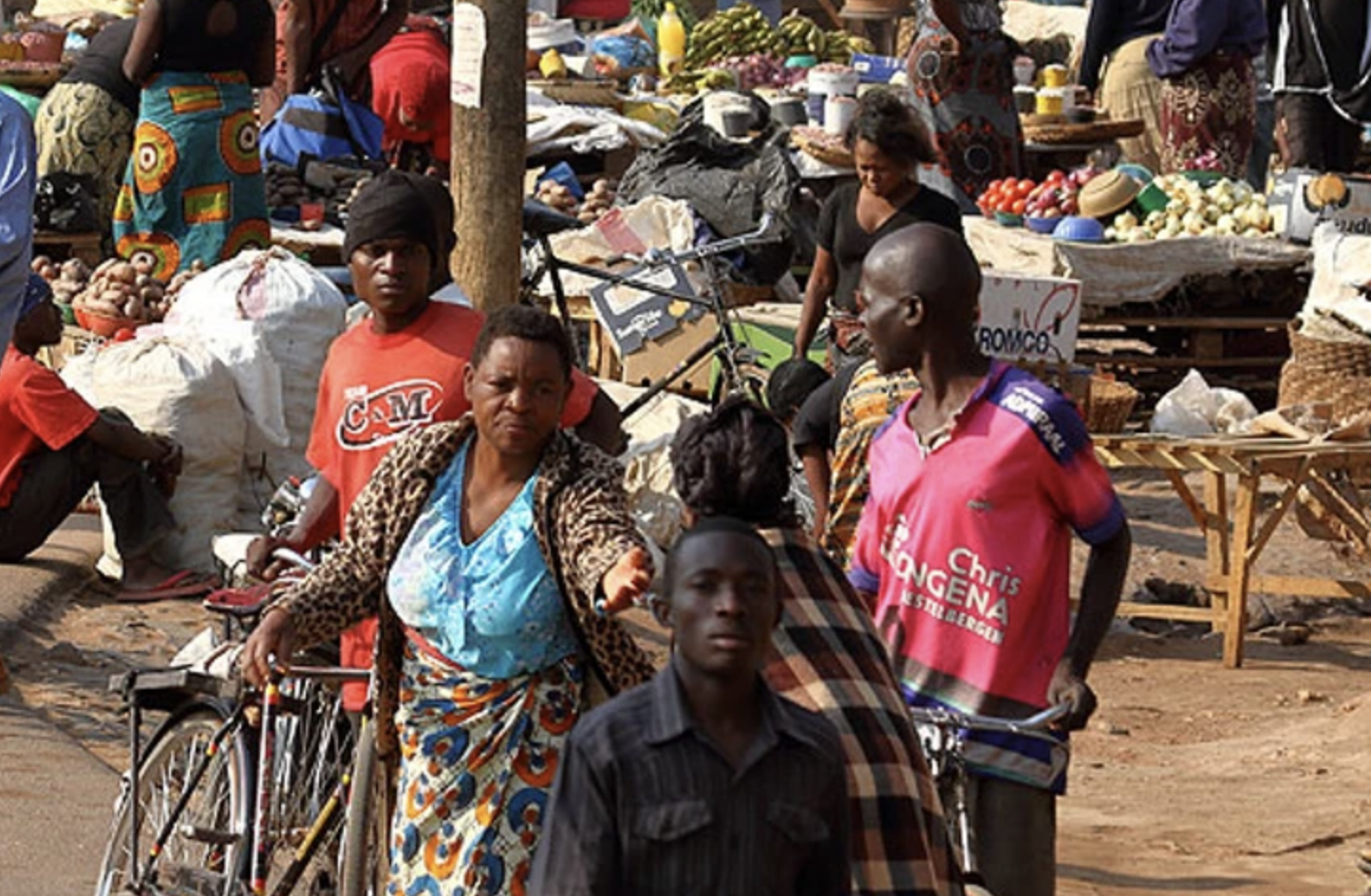Malawi must strengthen its social protection system to combat climate change, economic instability, and poverty. By establishing government farms, enhancing NGO collaboration, and ensuring effective policy implementation, the country can work towards achieving its Vision 2063 goals of resilience, inclusive development, and economic self-reliance.
As Malawi faces increasing vulnerabilities due to climate change, economic instability, and persistent poverty, the government is urged to adopt comprehensive policies to enhance its social protection system. This system is crucial not only as a safety net but also as a tool for driving economic development, improving public health, and promoting social equity, ultimately aiding in poverty reduction. By drawing lessons from successful models in countries like Israel and Rwanda, and aligning with the country’s Vision 2063, Malawi can work towards a more resilient and inclusive future.
The World Bank’s July 2024 Malawi Economic Monitor indicates that despite advancements in social protection initiatives, the system remains under-resourced, fragmented, and overly reliant on external funding, with over 95% of resources sourced from international donors. This dependency presents substantial challenges to the system’s stability and sustainability. The report stresses the need for enhanced domestic financing, better coordination, effective governance, and strategic utilization of technology to create a robust safety net. Malawians aspire to become “an inclusively wealthy and self-reliant industrialized upper-middle-income country by 2063,” aiming to meet development needs primarily through domestic resources. Achieving this requires strong connections between the manufacturing, agriculture, and mining sectors, necessitating a collective effort to ensure progress remains uninterrupted.
Recommendations for the Malawian government emphasize the improvement of the social protection system through several strategies. One significant proposal is the establishment of government farms and farming cooperatives. By creating state-owned farms that produce essential commodities, the government can employ many unemployed citizens, particularly young professionals, thereby reducing unemployment while enhancing agricultural productivity. Successful cooperative farming models from Israel and Rwanda illustrate that government involvement can lead to increased agricultural output and improved food security. Furthermore, integrating agricultural cooperatives into Malawi’s economy would allow farmers to negotiate better prices, access broader markets, and adopt advanced farming techniques. Training university graduates in modern practices and facilitating their management of cooperatives would optimize the country’s educated workforce, fostering quality agricultural production for both local consumption and export.
Strengthening the role of NGOs is another vital aspect of enhancing the social protection system. A more collaborative relationship between the government and NGOs would help address fundamental issues more effectively. Rather than implementing isolated programs, NGOs should work with the government to utilize research from university graduates to develop targeted solutions. The Bangladeshi Grameen Bank model, which empowers women through microfinancing, exemplifies how targeted interventions can uplift communities. Similar initiatives in Malawi could provide crucial financial resources to marginalized communities.
Finally, the effective implementation and evaluation of policies are essential for progress. Past efforts, such as the Agricultural Input Program (AIP), have faced challenges due to poor management and inadequate training. Learning from these experiences is crucial for developing a cohesive and effective social protection system in Malawi.


